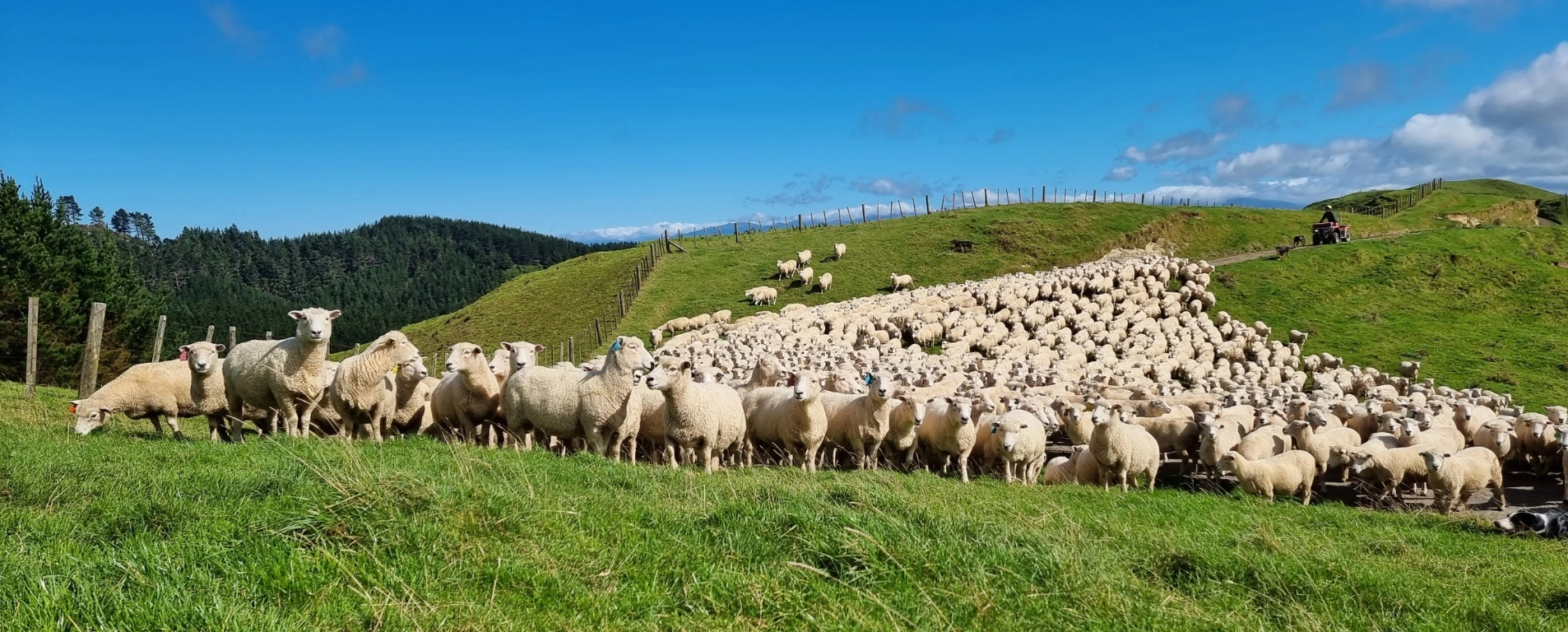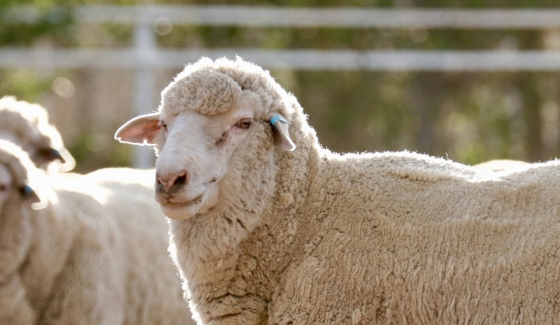
Earlier in the year I attended the Maadi Cup to watch one of my sons compete. For the non-kiwi readers, this is the top event on the New Zealand schools’ rowing calendar. At the opening of this event, Tony O’Connor gave a fantastic speech that is very much worth a read. Tony rowed for Ireland at two Olympics and was coach of the New Zealand gold medal-winning Men’s Eight at the 2020 Olympics in Japan. He’s also a maths teacher and a natural leader. The link to the written transcript is here, it is well worth the few minutes required to read it and show it to any young people in your circles who are into their sport:
https://rowinghub.co.nz/lessons-learnt-and-connections-more-valuable-than-medals/
After spending a few days at the Australian Sheep and Wool Show in Bendigo last week I couldn’t help but think of this section of the speech:
“These people are your community, your belonging, your family. And when you look across at them in the lane beside you it is right to want to be faster than them. It is right to want to win. But it’s so much more right to respect them.
I have never simply respected people because they win rowing races. I respect people who try to be excellent. Who work hard, but with honesty, integrity and respect for themselves, their teammates, their opposition and for the traditions of our sport.” Tony O’Connor
Out of context, these words might not impart the meaning that I am hoping for, if you’ve read the full article I think you will understand the point I am trying to make. The sheep show in Bendigo is an amazing melting pot of sheep breeds with a few Angora goats, alpacas and cows thrown in. With this melting pot comes a myriad of opinions and theories. Some of these theories are so different between breeders that they are often referred to as different religions. Yet when you stop and think about it, even those who completely disagree probably have more in common than not. As uncomfortable as it may sound, if you compare the exhibitors and visitors of the show with the average population, the exhibitors have a bit in common. For a start they are a little crazy, some showing a passion for sheep and breeding almost to the point of addiction. They also often share similar political views, have similar upbringings, have similar friendship circles, have the same aspirations for their kids and the list goes on. However when it comes to sheep breeding, the big differences in opinions about what is the ‘best’ sheep are clearly evident.
The interesting thing about the sheep show is that your differences are more apparent than your similarities. A quick look at the sheep (goats, alpacas or cattle) that you’ve brought along to the show tells the observant onlooker all they need to know about your sheep breeding philosophies. From there you can make a decision that you won’t get along with the person and a discussion will be fruitless. You don’t stop to explore what you do have in common because it is bleedingly obvious what you don’t have in common. If you play this out over time, you have clear ‘camps’ that evolve where the one thing that you don’t have in common becomes the only thing that separates which camp you ‘belong’ to.
I’m clearly in the ‘science-based’ camp or the ‘figures people’ or the ‘computer breeders’ or whatever else we got called over the weekend. But I could equally be in the ‘structural soundness’ camp or the ‘dollars per hectare’ camp because I’m equally as passionate about these things. I have to admit, I look at some of the sheep displayed and can’t help but wonder how they could ever be the ‘best’ in someone else’s eyes. With the benefit of a bit of time to reflect, the problem with this situation is that I hardly know any of the people in the other ‘camps’. They’ve made assumptions about me, I’ve made assumptions about them and we spend the weekend avoiding eye contact.
If I make an assumption that plays out hundreds or thousands of times with different people across the industry - one of the few things we don’t have in common overriding the opportunity to explore what we do have in common - we have a recipe for a divided and rudderless industry. This situation makes progress slower than it would otherwise be.
To try something different in sheep breeding means that you either have to shift camps, join camps or convince the whole camp to change. Each of these situations stirs up a lot of emotional inertia to stay exactly where you are. Camp changing isn’t impossible and it is interesting how people approach this. It is my observation that the longer a business has been in the game of breeding the harder it is to shift and the more tentative the change. We often see a slight re-brand of the different breeding philosophies to clearly communicate to the current camp that they still belong. We’ve seen plenty of words like PLUS, PRIME or similar get added to a stud name to make sure it is clear that these are different but don’t represent a shift in the whole stud to a new ‘camp’. I think this demonstrates that it is emotionally difficult to leave a camp and there is a whole heap of evolutionary reasons why this is so.
There is no doubt that the industry would be in a better place with more unity and less of a divide. I’m not pretending that I have tried very hard to encourage unity, although I am definitely getting better with age!
I think we often get the ‘what’ and the ‘how’ confused in sheep breeding. I’m very open with the ‘what’ people want to breed. I love nutting out a breeding program for a 16-micron Merino sheep as much as I do an UltraWhite, Angora goat or Angus cow (and everything in between). However, I do have fairly firm views on the ‘how’. Incorporating proven science into breeding programmes will make greater rates of genetic gain than not incorporating this approach. This is true regardless of ‘what’ you are breeding. And when I hear quotes repeated to me like ‘breeding values don’t work because the mid-side sample is collected in different places’ I have grave fears for the industry. The divide across camps allows this sort of impossible thinking to go unchallenged and unconsidered. While cross-fertilisation across camps would allow for a respectful discussion about the flaws of this argument (and many like it from a range of different camps) and encourage a more vibrant and innovative industry.
Which camp do you belong to and have you ever changed camps?









